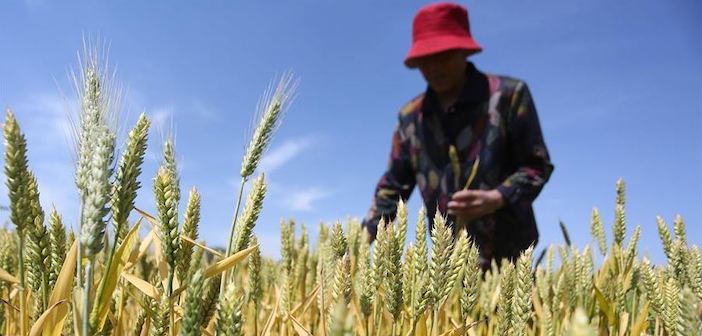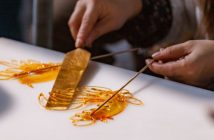The traditional Chinese lunar calendar divides the year into 24 节气 jiéqì solar terms based on seasonal changes and natural phenomenon. They play an important role in guiding agricultural activities, even to this day. But even city-dwellers like us can enjoy them. Each solar term has its own associated customs, traditions, and even recipes. In Solar Terms 101, we delve into what makes each one special…
Name of the solar term: 小满 xiǎomǎn lit. “a little full”
Gregorian date: May 21 +/- a day (May 20, 2020)
What is xiaoman all about?
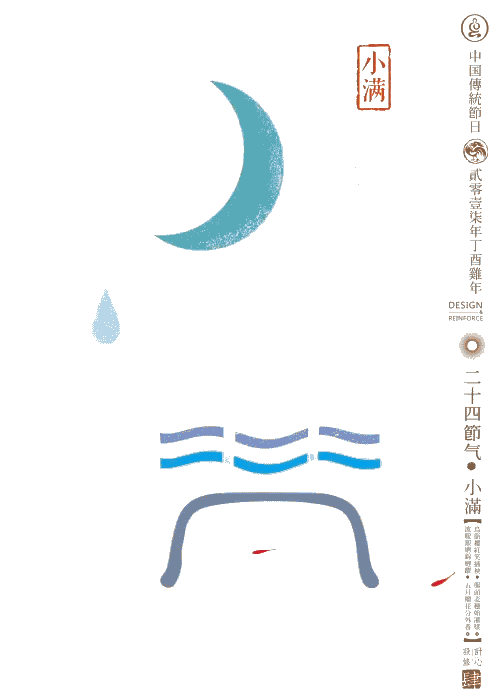
This design details the changes that we’re likely to see during xiaoman
The name of the solar term of summer, xiaoman, is perhaps one of the more obscure. Literally meaning “a little full,” it’s a time when we start observing small changes in the environment: water levels will rise, as will temperatures, helping crops such as wheat and rice become plump as their husks fill up with energy-rich starch. As such, xiaoman is one of the most important solar terms among the country’s many hopeful farmers.
The common sowthistle grows, the shepherd’s purse dies, and autumn wheat arrives
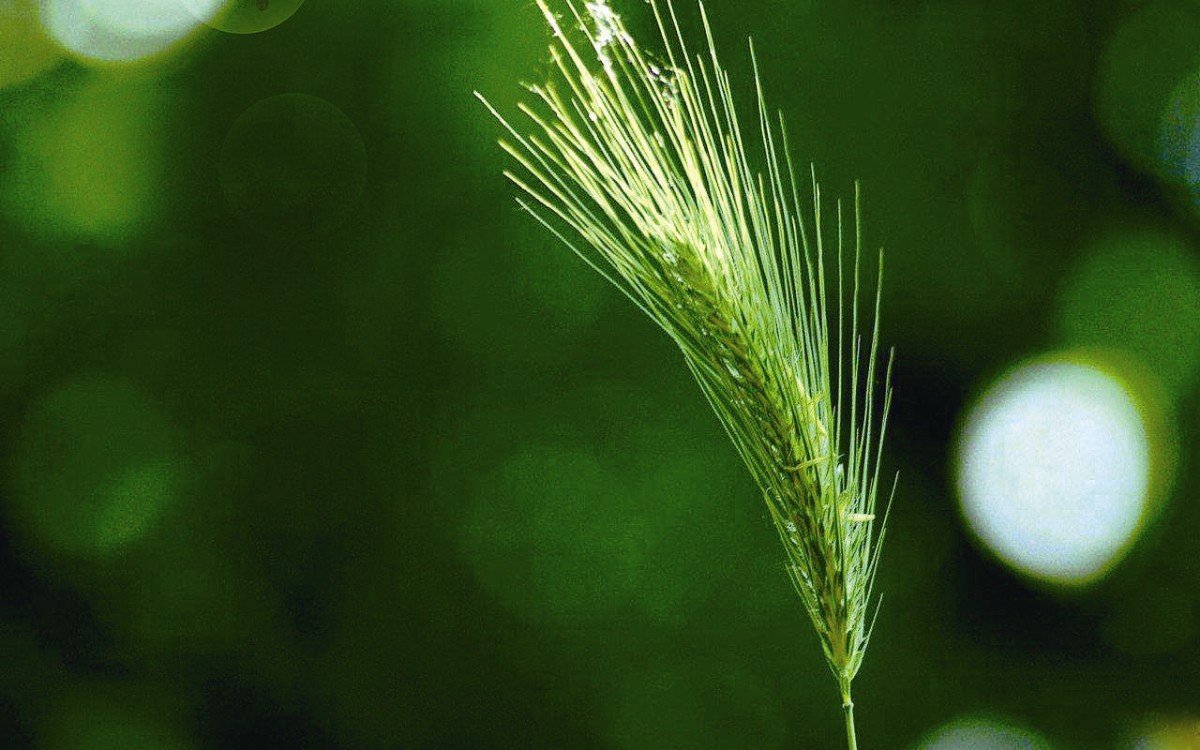
Now’s the time to harvest wheat
Paying respect to water wheels and silkworms
Water wheels have been utilized in agricultural irrigation for many centuries in China, and during xiaoman villagers celebrated these wooden giants. To do so, villagers would gather around their water wheels at dawn and share snacks made from wheat until the official ceremony began. At the sound of a gong and a drum, the people would climb onto the wheels and peddle backward, diverting the water into the fields. This would invariably turn into a competition among different villages to see who could irrigate their fields fastest. Farmers would also make small offerings to the Wheel God such as fish and incense, and pour a cup of water into their fields in the hopes of staving off drought in the following year.
While the men were busy splashing around, women would undertake the altogether more serious task of celebrating the birth of the Silkworm Goddess whose birthday happened to land on xiaoman. Given that the majority of women would make a living – not to mention dress themselves and their families – by weaving silk, the silkworm was considered a creature ordained from heaven. In some regions, silk reelers would also visit temples to offer their tributes to the Silkworm Goddess, usually in the form of fruit, liquor, and a type of snack made from flour that resembles a cocoon.
What to eat for xiaoman
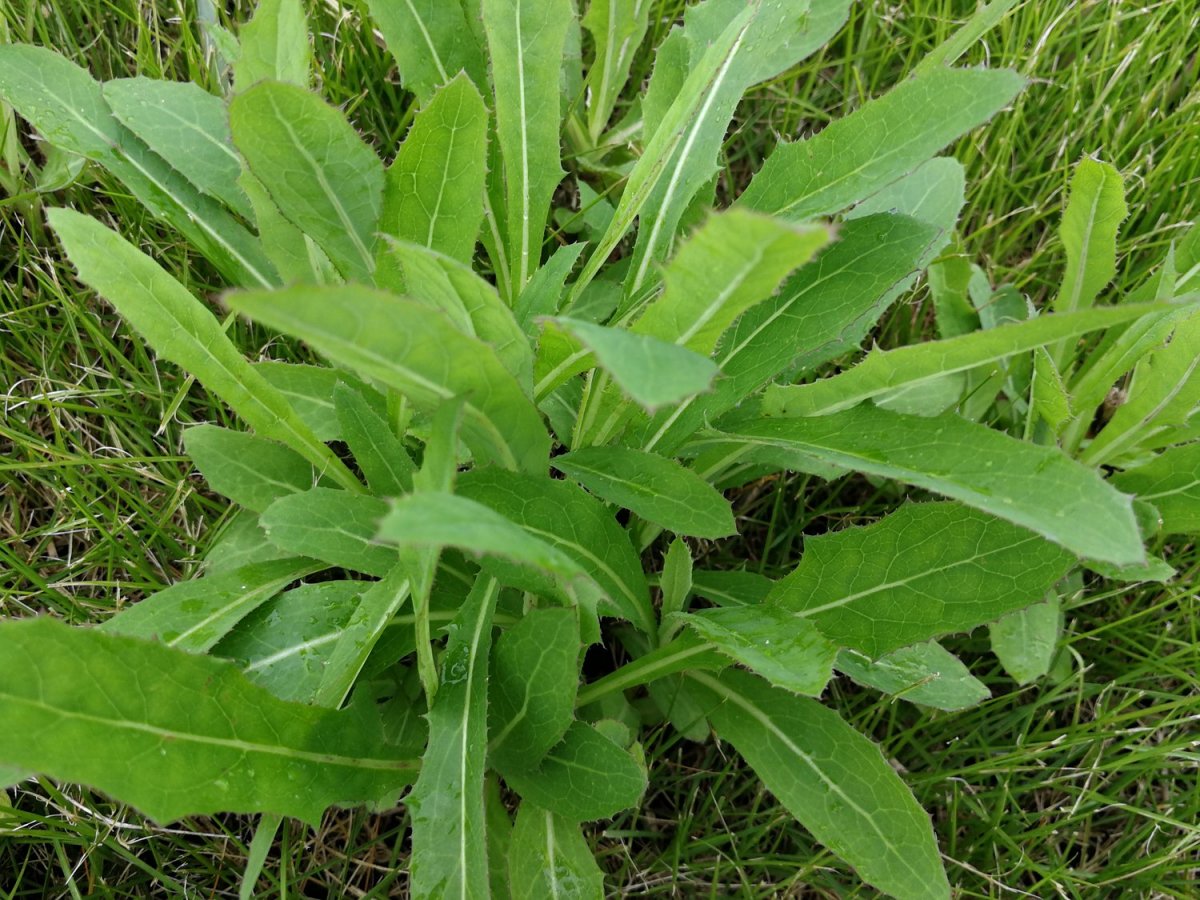
It may look spiky, but with a little seasoning, the sowthistle cleans up nice
KEEP READING: Mandarin Monday: The Best News Apps to Help You Learn Chinese

